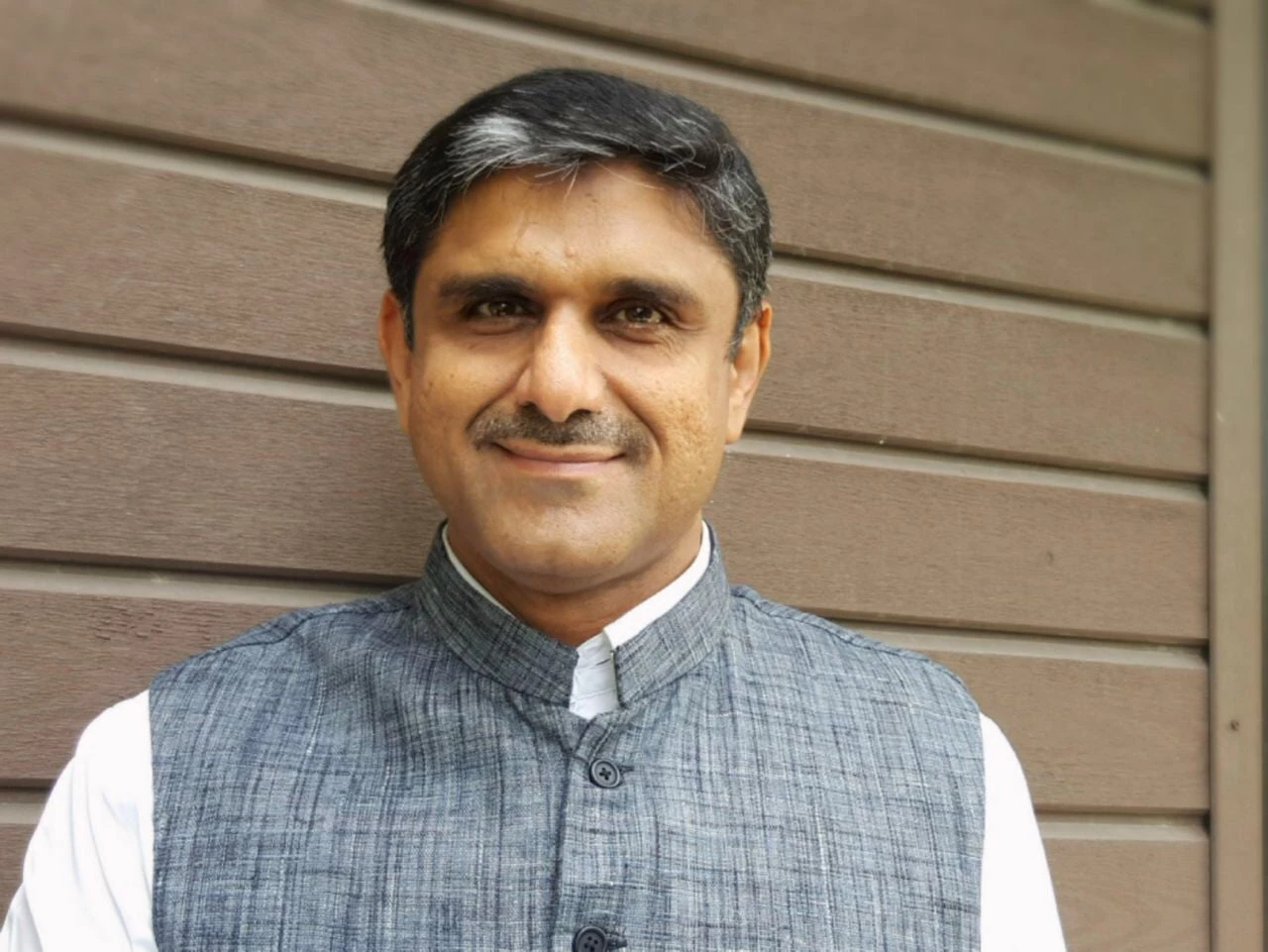 Emergency Trauma Care Services in Bangladesh
Emergency Trauma Care Services in Bangladesh
Having worked on road safety in Bangladesh, a statistic that astonishes us is that the rate of road traffic fatalities in Bangladesh is 15.3 per 100,000 people, according to the World Health Organization.
Over the years, road safety has become a critical development agenda in Bangladesh. As we sat down to pen our thoughts on road safety in Bangladesh, a wave of sadness washed over us. We recently lost a true champion for road safety in South Asia - Hartwig (Hart) Schafer, the former Vice President of the World Bank for the South Asia Region. Hart's passion and dedication to creating safer roads in Bangladesh and the broader region was unparalleled. His strong commitment and advocacy resulted in the approval of the Bangladesh Road Safety Project which will help the country achieve the Sustainable Development Goals on road safety by 2030.
What makes it even more alarming is that majority of the victims of road traffic crashes are young individuals, in the prime of their lives, and key contributors to the nation's economic growth.
Bangladesh’s road safety country data makes it abundantly clear that it is grappling with one of the world's highest road crash fatality rates. What makes it even more alarming is that majority of the victims of road traffic crashes are young individuals, in the prime of their lives, and key contributors to the nation's economic growth. These crashes loom large as the 9th leading cause for inpatient hospital admissions. This concerning trend underscores the urgent need to revamp and fortify our trauma care infrastructure to better support patients suffering from serious road crash injuries.
This brings us to the topic of trauma registries (TR) and trauma systems improvement programs (TSIP) that are expedient for structured and continuous assessment of trauma services and improvement of provision of care. These invaluable tools can be the linchpin for quality assurance and the adoption of evidence-based approaches to enhance hospital-based trauma care. Between 2021-22, with support from the World Bank’s Global Road Safety Facility and in partnership with the Ministry of Health and Family Welfare (MoHFW), Bangladesh embarked on a groundbreaking feasibility study. Led by the BRAC James P. Grant School of Public Health, this study spanned four high road crash fatality districts: Cumilla, Tangail, Bogra, and Jhenaidah.
What did we learn?
First, we learned that implementation of trauma registries was feasible and gathered crucial data for patient management, overcoming human and financial resource shortages. Second, we found that trauma registry implementation was easier in facilities with dedicated casualty departments, like medical college hospitals. Finally, we learned that trauma registries and trauma systems improvement programs improved trauma care by identifying and addressing gaps on a case-by-case basis, utilizing local resources.
The study clearly demonstrates the transformative potential of trauma registries and trauma system improvement programs. They provide a roadmap for how Bangladesh can adapt its healthcare infrastructure to respond effectively to road traffic injuries. By harnessing the power of data and tailoring interventions to the unique needs of each facility, the country is positioned to make leaps in trauma care, ultimately safeguarding the lives and well-being of its citizens.
So, what can we recommend based on this study?
First, the trauma response data collection tool needs to be simple, short and user friendly so that it can be implemented by regular staff in the emergency department of the hospitals. And just as important, health facilities will need to build up the capacity of health care providers working in the emergency rooms to manage acute trauma cases.

As evidence suggests, trauma registries and trauma systems improvement programs are potential game-changers in Bangladesh for treating injuries and even reducing fatalities from road traffic crashes. By implementing these vital interventions, we can save precious lives and reduce long term disabilities. Based on the study findings, the World Bank financed Bangladesh Road Safety Project will scale up these interventions in medical college hospitals in 25 high-fatality districts. As we advance with plans for better road safety in Bangladesh, we gratefully acknowledge Hart’s unwavering passion for this agenda and his vision of eliminating the tragic toll of road crash fatalities.




Join the Conversation